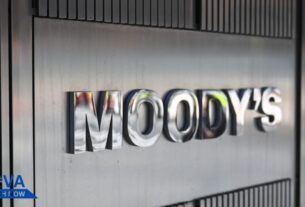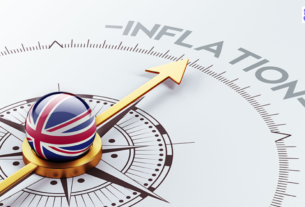NEW YORK, USA JPMorgan Chase CEO Jamie Dimon has issued a stark warning about the possibility of a U.S. recession, blaming the uncertainty caused by the Trump administration’s erratic tariff policies and escalating trade tensions with key global partners.
In a televised interview Thursday morning, Dimon said market volatility, investor unease, and disrupted supply chains are undermining confidence in the American economy.
“We’re not in a recession yet but the policy environment is creating the kind of instability that could tip us over,” Dimon stated. “Business leaders need clarity, and right now, Washington isn’t offering that.”
Despite his caution, JPMorgan posted record Q1 revenues, buoyed by strong investment banking performance and retail banking gains. Dimon said the bank expects a solid second quarter, but warned that “storm clouds are forming” over the U.S. economy.
Analysts say the Trump administration’s “tariff-first” strategy which includes sudden increases on imports from China, the European Union, and even Canada has rattled markets and strained global supply chains.
“We’re seeing pricing pressure and production delays across sectors,” said Megan Riley, a senior economist at Goldman Sachs. “Companies can’t plan with tariffs changing week to week.”
Meanwhile, U.S. small businesses are reporting rising costs for raw materials and reduced access to foreign markets. Economists warn that if current trends continue, GDP growth could slip below 1.5% by year-end, potentially triggering job losses and dampening consumer spending.
White House officials have downplayed the recession warnings, insisting the tariffs are part of a “necessary recalibration” of American trade relationships. Commerce Secretary Mike Rogers claimed the U.S. is “well-positioned to lead a global manufacturing renaissance.”
However, market reactions tell a different story: the Dow Jones Industrial Average dipped 1.2%, and the yield curve continues to show signs of inversion often a reliable predictor of recession.




